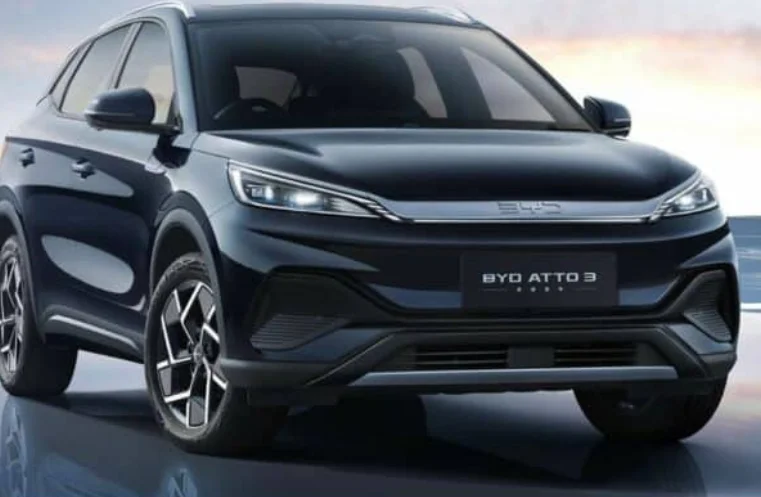Islamabad, Jan 13: BYD has emerged as a dominant player in Japan’s all-electric vehicle (EV) market, outpacing Toyota and signaling a significant shift in the country’s automotive trends. In 2024, Japan reported 59,736 all-electric vehicle sales, a 33% decline from the previous year, marking the first drop in four years.
Despite this downturn, BYD achieved a remarkable 54% growth in EV sales, reaching 2,223 units, while Toyota experienced a 30% decline, selling just 2,038 vehicles, according to the Japan Automobile Dealer Association.
BYD entered the Japanese market in 2023 with the Atto 3 crossover (known internationally as Yuan Plus) and the Dolphin hatchback, later adding the Seal EV sedan to its lineup. Its highly anticipated Sealion 07 EV is set for a 2025 debut.
Tesla Model Y, the World’s Best-Selling EV, Unveils Stunning New Update
The Dolphin, starting at an attractive price of 2.99 million yen (approximately $19,000), offers a competitive edge against higher-priced rivals, including Toyota’s bZ4X, which starts at 5.5 million yen (around $34,800). All BYD models in Japan are fully electric, appealing to environmentally conscious and cost-sensitive consumers.
Although Japan has been slower than other developed nations in adopting EVs, with less than 2% of the country’s 2024 automotive sales coming from EVs, BYD’s performance indicates a potential shift in consumer preferences. While Toyota’s flagship bZ4X crossover achieved a modest 10% growth, reaching 1,012 units sold, its higher price point may hinder its competitiveness against BYD’s more affordable offerings.
Nissan Denies Approaching Toyota for Merger
Nissan Motor, holding a dominant 50% share of Japan’s EV market, also faced challenges. Sales of its iconic Nissan Leaf fell by 44% to 30,749 units—the lowest since 2021. Similarly, the Sakura, a compact electric kei car celebrated for its lightweight design, saw a steep 38% decline in sales, totaling 22,926 units. Among international competitors, Tesla remains the leading foreign EV brand, but BYD has captured approximately 40% of Tesla’s sales volume and plans to expand aggressively by opening 100 stores in Japan by 2025.
This evolving landscape underscores the growing demand for affordable and efficient EVs in Japan. BYD’s success highlights the challenges traditional automakers face in adapting to a market increasingly drawn to value-driven, innovative EV offerings, signaling a transformative era in Japan’s automotive industry.









